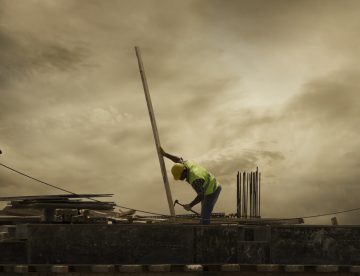
Statistics from the Health and Safety Executive show that there has been an average of 61,000 non-fatal injuries in construction each year and that during the period 2020-21 there were 39 fatal injuries. Although that might not seem a large number, it’s 4 times the rate for all industries!
Whilst falls from height and slips, trips and falls feature among the most common causes of injury, every year thousands of people are injured due to hazards arising from the equipment they’re using on site. Take a look at this week’s blog for six common dangers to watch out for.
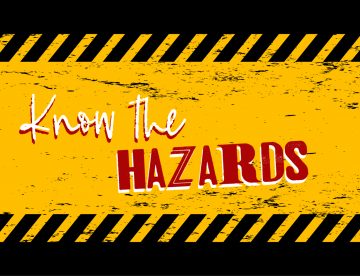
Like most construction companies, there are times when our work involves dealing with and temporarily storing hazardous waste on site. If we were to do this poorly, it would have the potential to cause damage to both the environment and the local community (especially if it was allowed to contaminate surface water or groundwater supplies).
The good news is that we take our responsibilities seriously and follow strict procedures that comply with UK legislation and ensure no such damage comes about. As this is such an important topic, we’ve put together this quick guide to hazardous waste so that people know exactly what they should/ shouldn’t be doing.

The summer holidays – a time when, like many others, people working in construction often disappear for a while (on their holidays or for family visits). But, did you know that, in the UK and for various reasons, more than half of people don’t take their full holiday entitlement? The problem, however, is that such efforts can be counter-productive as taking a break actually offers all kinds of benefits, both to the individual and the companies they work for. This week’s blog outlines the key points.

So ‘Freedom Day’ happened this Monday 19th July – the day when the remaining COVID-related legal restrictions like social distancing and mask-wearing were lifted in England. However, while there were crowds of jubilant party-goers queuing outside the nation’s nightclubs at Midnight, others (including many businesses) are taking a more cautious approach to the relaxations. So, what about construction? Read this week’s blog to find out more about what seems to be a clash between the government’s and industry leaders’ viewpoints as well as what we at Sheriff would advise.
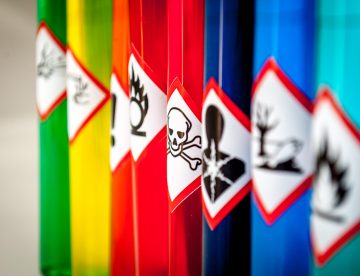
Anyone involved in the roofing business will know that the job simply could not be done without frequently coming into contact with and using a range of products that are regulated by the Control of Substances Hazardous to Health (COSSH) Assessment.
While most dangers can be avoided by following the correct handling procedures, accidents do occur in the industry and so it’s really important that roofers know what to do in the event of a problem. Here’s a reminder of the appropriate First Aid measures required in relation to some of the commonly used COSSH substances.
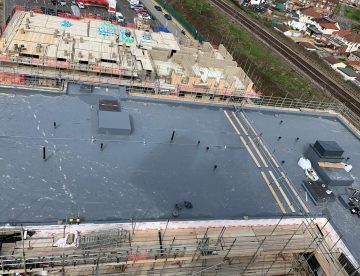
When working with hot melt or torch-on systems, the roofing environment can easily become hazardous. But, if workers are committed to following the right safety procedures and have an attitude where safety always comes first, any potential hazards can just as easily be avoided. We’ve just issued all our operatives with a detailed Toolbox Talk to ensure their understanding of this issue is completely up-to-date. Here, we share some of some of the key points.
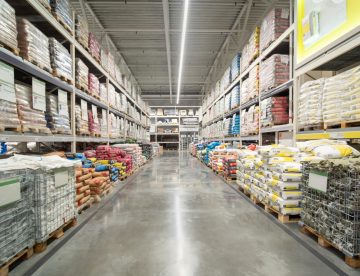
Rigorous safety checks on the materials used to build homes will be enforced by a new national Regulator for Construction Products. Largely brought about in response to testimonies made about some manufacturers of construction materials at the Grenfell Inquiry, the Regulator will have powers to remove materials with significant safety risks from the market; to investigate cases and conduct its own product-testing; and to prosecute companies that fail to follow the rules.

As the country moves into a third national lockdown, many people will be keeping their cars firmly on the drive while they stay at home/ work from home but this will not be the case for construction workers who are recognised by government as ‘essential to keeping the country operating’ and will therefore continue to be on the road. With adverse weather and darker days, it’s vitally important to know how to prepare for any journey and how to adapt to changing conditions.
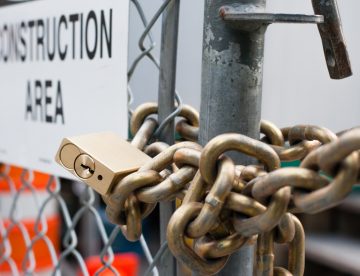
When construction sites close up for Christmas, theft, arson, unwanted visitors, bad weather and public safety issues all have the potential to disrupt the festivities or bring nasty surprises in the New Year. Prevention is always better than a cure so follow our ‘site shut down’ checklist to enjoy a worry-free break.

